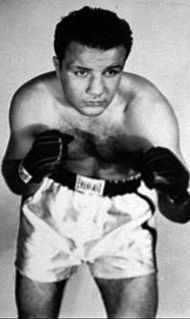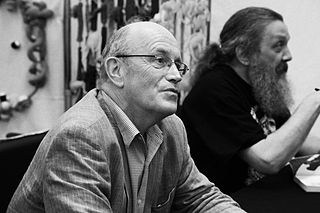A Quote by Suzanne Collins
Panem et Circenses" translates into 'Bread and Circuses.' The writer was saying that in return for full bellies and entertainment, his people had given up their political responsibilities and therefore their power.
Related Quotes
If literature is to transcend political interference and return to being a testimony of man and his existential predicament, it needs first to break away from ideology. To be without "isms," is to return to the individual and to return to viewing the world through the eyes of the writer, an individual who relies on his own perceptions and does not act as a spokesman for the people. The people already have rulers and election campaigners speaking in their name.
The Romans always wanted bread and circuses-food and entertainement! As we destroy their city, I will offer them both. Behold, a sample!" Someething dropped from the ceiling and landed at Percy's feet: a loaf of sandwich bread in a white plastic wrapper with red and yellow dots. Percy picked it up. "Wonder bread?" "Magnificent, isn't it?" Ephialtes eyes danced with crazy excitement.
If you're a status quo writer, you're considered to not be political but that's as political as if you're a progressive writer. Some politics are asked to show their passports and others aren't. In the Dominican Republique, if you're slightly progressive, people have a lot of suspicions that you're up to some sort of conspiracy, that this is some sort of plot. On the other hand, if you're conservative and mainstream, people tend to take that as a given and don't notice the politics.





































